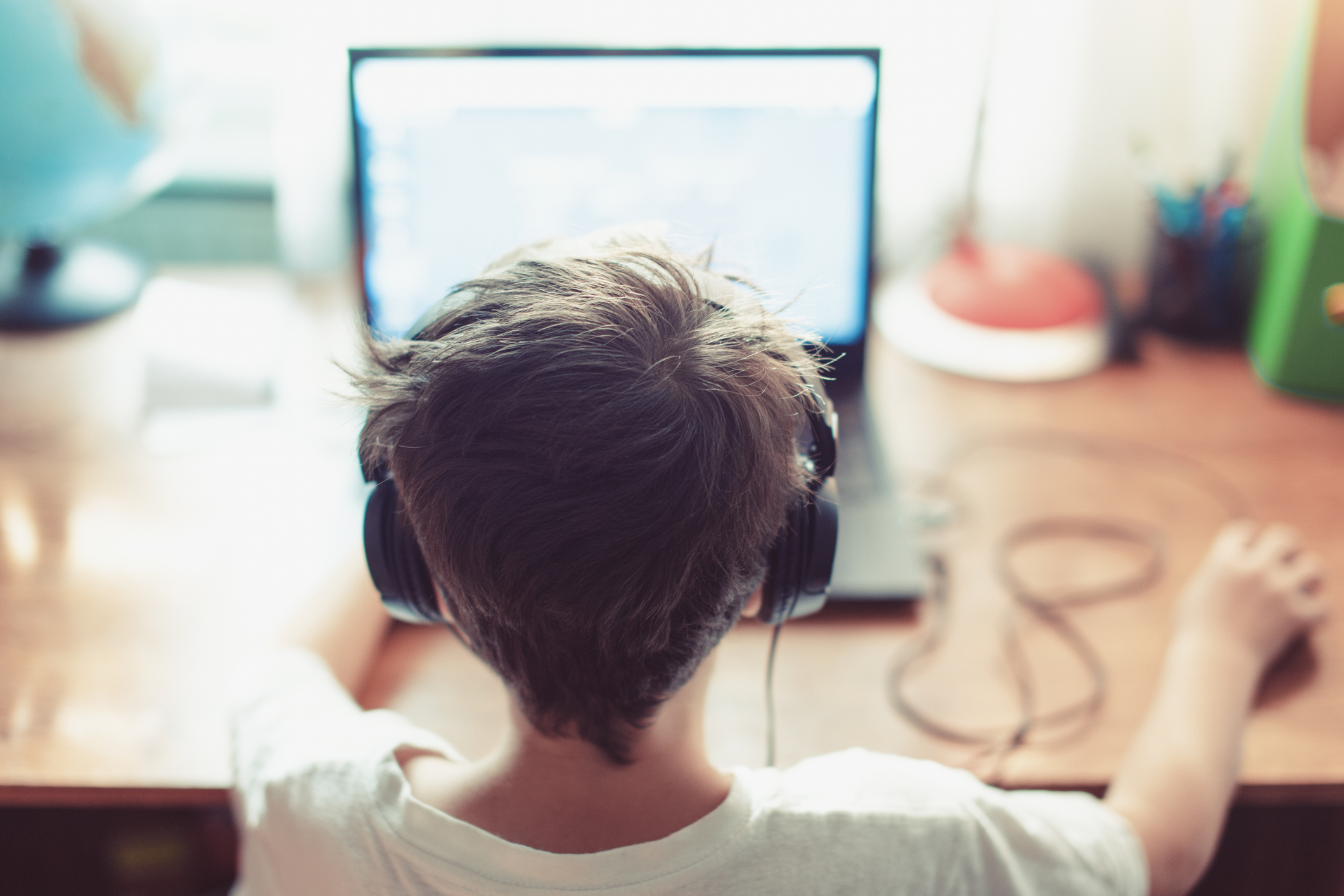Differential Predictors of Problematic Internet Use and Problematic Video Gaming Among School Children: A 2-Year Longitudinal Study
December 26, 2024
The prevalence of internet and multimedia gaming tools has given rise to a wave of problematic internet use (PIU) and problematic video gaming (PVG) among youths today. These phenomena often manifest in overindulgence, potentially leading to addiction and impairing essential functioning. The study ‘Differential Predictors of Problematic Internet Use and Problematic Video Gaming Among School Children: A 2-Year Longitudinal Study’ (Technology, Mind, and Behaviour, 2023) by El-Lim Kim (Franklin & Marshall College), Douglas A. Gentile (Iowa State University), Associate Professor Hyekyung Choo (NUS Social Work), Albert Kienfie Liau (Positiv Singapore), Dongdong Li (National Council of Social Services, Singapore), and Katherine Fata Angeline Khoo (Nanyang Technological University) investigates whether PIU and PVG should be considered distinct patterns of addictive behaviour. This research focuses on identifying common and unique correlational predictors of PIU and PVG, examining physical and cognitive factors among school children in Singapore, ranging from Primary 3 to Secondary 5. This study is part of a broader research project evaluating the effectiveness of local cyber-wellness programs.
The study found that PIU and PVG are more prevalent among boys compared to girls. Both PIU and PVG are associated with emotional distress, loneliness, and anxiety, and they tend to develop in children with high impulsivity. Children experiencing these symptoms often use the internet and gaming to regulate their negative moods, potentially leading to dysfunctional emotional skills. Additionally, poor parental attachment and lack of warmth at home are linked to both disorders.
However, the study also highlights differences between PIU and PVG. Older children and those exposed to the internet at a younger age are at a higher risk of developing PIU, though this is not necessarily the case for PVG. Also, children who score high on sensation-seeking and low on online self-regulation are more likely to experience PIU but not PVG, suggesting potential conceptual distinctions between the two.
Despite these differences, there is insufficient evidence to classify PIU and PVG as entirely separate disorders, as the similarities in their risk and protective factors are more significant than the differences. The researchers call for additional studies on parental interventions to mitigate the risk of behavioural addictions to technology. This is particularly important given the introduction of personal learning devices (PLDs) to all secondary school children in Singapore from the end of 2021. It is crucial for schools and parents to continue monitoring and supporting children to prevent and address these dysfunctional behaviours in the long term.
Read the article here.

